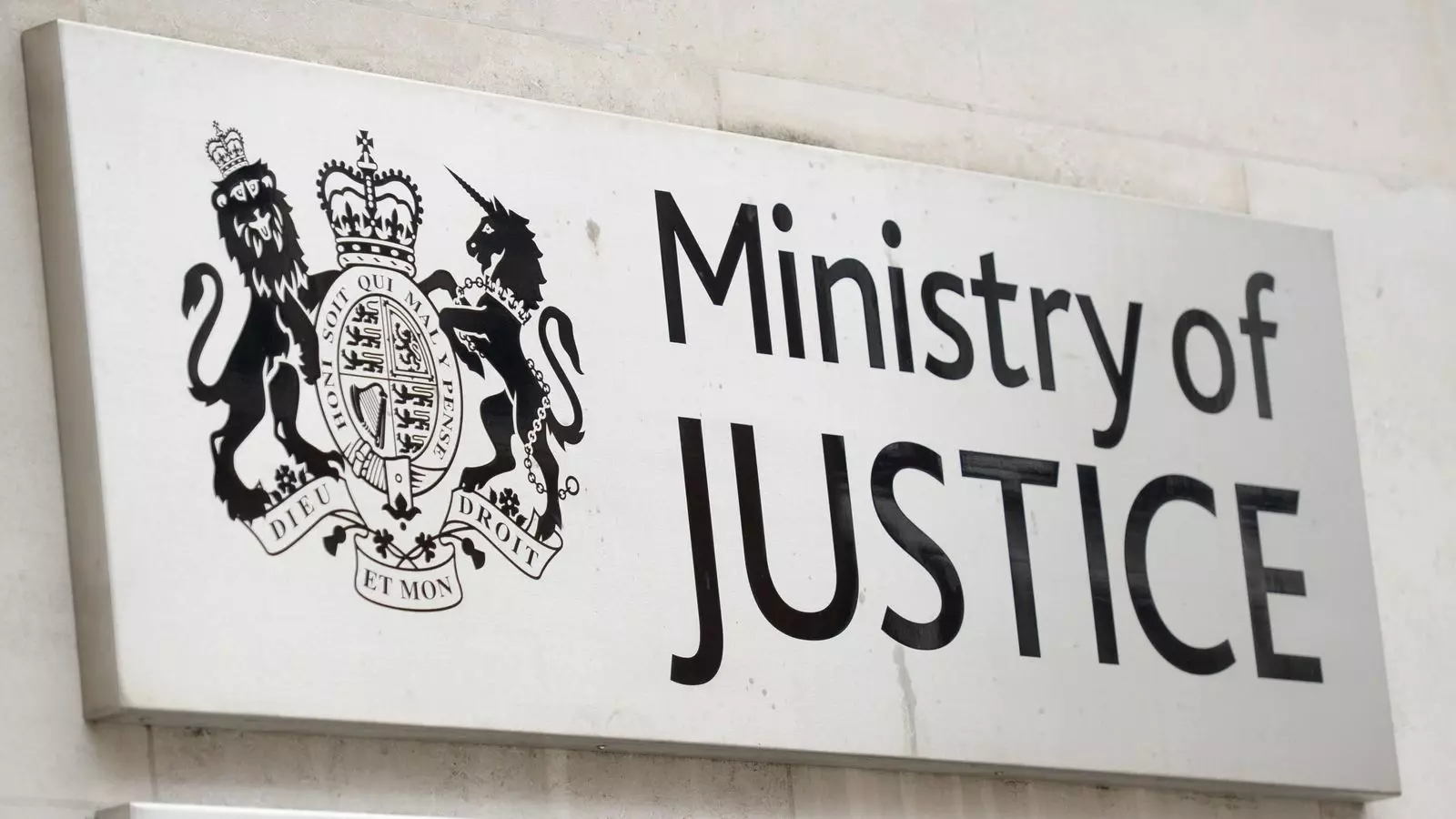In a harrowing revelation, the Ministry of Justice (MoJ) has confirmed a significant data breach suffered by the Legal Aid Agency (LAA), leading to a potential catastrophe for millions who trusted the integrity of this public institution. The breach, which reportedly involved access to sensitive personal data, including criminal records, raises troubling questions about the agency’s cybersecurity measures. With hackers claiming to have exploited vulnerabilities to access over 2.1 million pieces of confidential information, it is clear that this situation represents not just a lapse but a systemic failure within the agency.
The data accessed includes personal details such as contact information, employment status, and financial data of those who have applied for legal aid in the past 15 years. This information, which could expose individuals to identity theft and fraud, indicates a staggering disregard for personal safety by an agency tasked with protecting its clients. The urgency for reform and extensive security upgrades cannot be overstated; this breach is not merely a technical glitch but represents a colossal betrayal of public trust.
Neglect and Mismanagement: A Long-Standing Issue
The MoJ has suggested that this breach is a direct consequence of years of “neglect and mismanagement” by previous governments, highlighting vulnerabilities in the LAA’s systems that have persisted unaddressed. This is an alarming admission, revealing not only an immediate crisis but illustrating a broader pattern of systemic neglect that hampers the effectiveness and reliability of public institutions. The failure to modernize infrastructure has left the LAA exposed—a scenario that has now culminated in this catastrophic breach.
What makes this even more troubling is the lack of accountability or clear culpability. While the MoJ has acknowledged oversight issues, there are few assurances that substantial changes will arrive soon. Helpless applicants are left grappling with the fallout of this breach, wondering if their lives will be irrevocably affected as they navigate uncertain legal waters. It is time for the government to take accountability and reassure the public that action will be taken to close these gaps proactively rather than reactively.
The Digital Downtime: A Necessary Evil?
In the face of this crisis, the LAA has responded by taking its online services offline, a move described by Chief Executive Jane Harbottle as “radical.” While it may seem like a drastic step that inconveniences both legal aid providers and applicants alike, this temporary measure is, in fact, a necessary evil. The urgency to secure digital frameworks to protect sensitive information should take precedence over operational convenience.
Harbottle’s apology and acknowledgment of the shock and distress caused by the breach is a welcomed first step. However, words alone will not be enough to rectify the damage done and restore faith in the institution charged with ensuring fair access to legal representation. The phrase “working around the clock” may be well-meaning, but it needs to transform into action that demonstrates a genuine commitment to safeguarding citizens. It is time for the LAA to embrace a proactive approach by investing heavily in modern technology and training staff to thwart potential threats.
The Call for Reform and Investment
As cyber attacks on public sectors such as retail and legal aid continue to proliferate, the broader narrative is one of neglect towards essential public services, notably when it comes to IT investments. The Law Society’s criticism of the LAA’s “antiquated IT system” raises questions that transcend the legal aid arena. This breach is indicative of a troubling trend of underinvestment in essential public sectors, leaving agencies vulnerable to increasingly sophisticated cyber threats.
Under such mounting pressures, it’s evident that a new standard is needed for cybersecurity across all public institutions. The government has the responsibility to not just react to incidents as they arise but to build robust systems that work proactively to safeguard public data. Only then can citizens be granted the assurance that sensitive information is safeguarded against malevolent actors looking to exploit vulnerabilities.
The breach at the LAA serves as a chilling reminder of the repercussions of neglecting vital infrastructure in public service. The fallout from this incident should galvanize the government into urgent action—one that prioritizes the safety and security of all citizens who rely on their legal rights and protections. Without substantial reform, trust in public institutions may erode irreversibly, jeopardizing the rule of law itself.


Leave a Reply